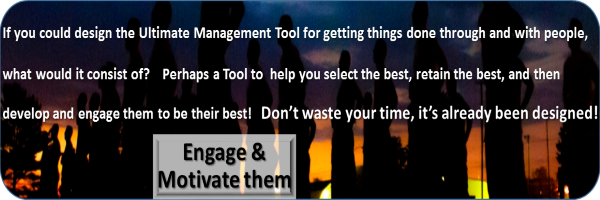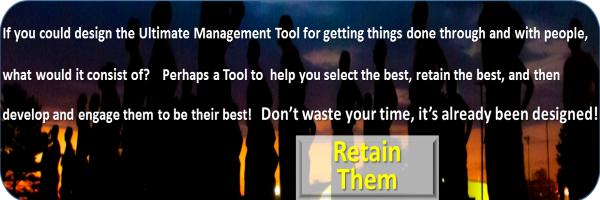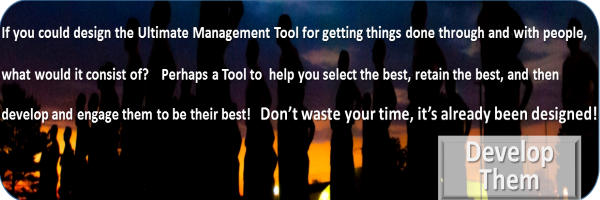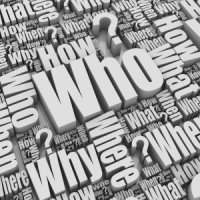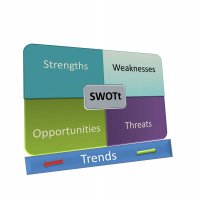Most people don't understand themselves particularly well. This we believe without reservation. So why do we say this???
Peter Drucker made the point emphatically late in his career and life and many others have concurred. I've had the experience of debriefing a couple hundred CEO's using an assessment tool that profiles one on over 100 traits. Over and over again, I saw, even experienced successful leaders, who clearly didn't "know themselves". Indicators of that are the following typical quotes you hear
- That explains why I do that, never thought about that before
- You know, I've been told that quite often by people, but I never understood what they were really saying
- That explains why I don't do well in xxxx situations
Another indicator is an emotional and often angry denial followed by a retraction and apology. This is typically the result of a natural tendency or attitude where strong defense mechanisms have been developed. The reaction is often accompanied by considerable emotion.
One issue is that we are accustomed to learning about things outside of ourselves and it seems unnatural to focus on ourselves and how we do things.
How do you accomplish this learning. Feedback from others helps. Self-analysis of the events in your life helps. But now with today's technology, nothing is as productive in helping accomplish the goal of self-awareness than a scientifically-based assessment.
So besides the importance of understanding yourself to be effective, it also valuable to further consider - If you don't understand yourself, can you effectively understand others? or perhaps... if you don' understand yourself, can you effectively deal with others?





